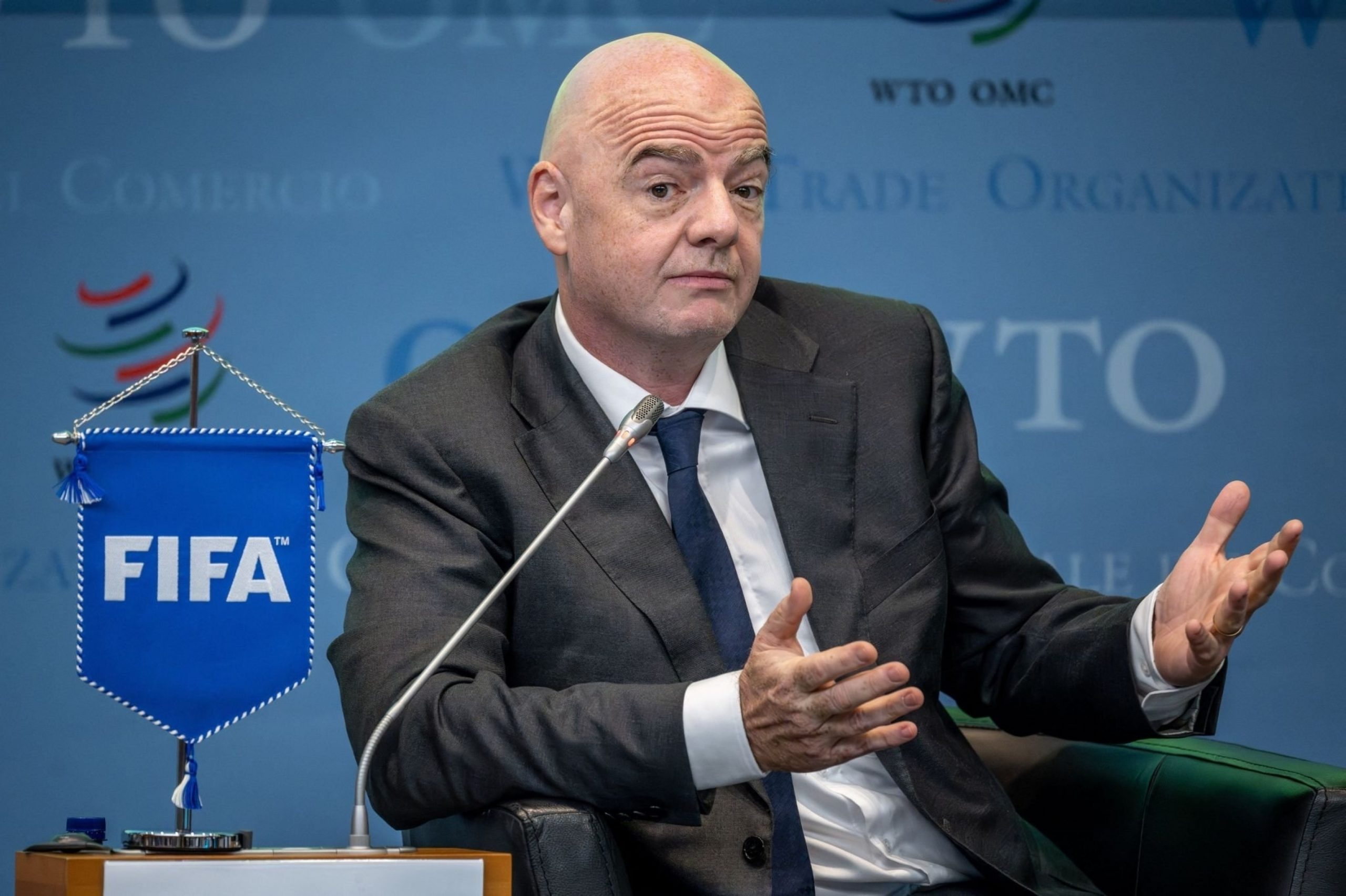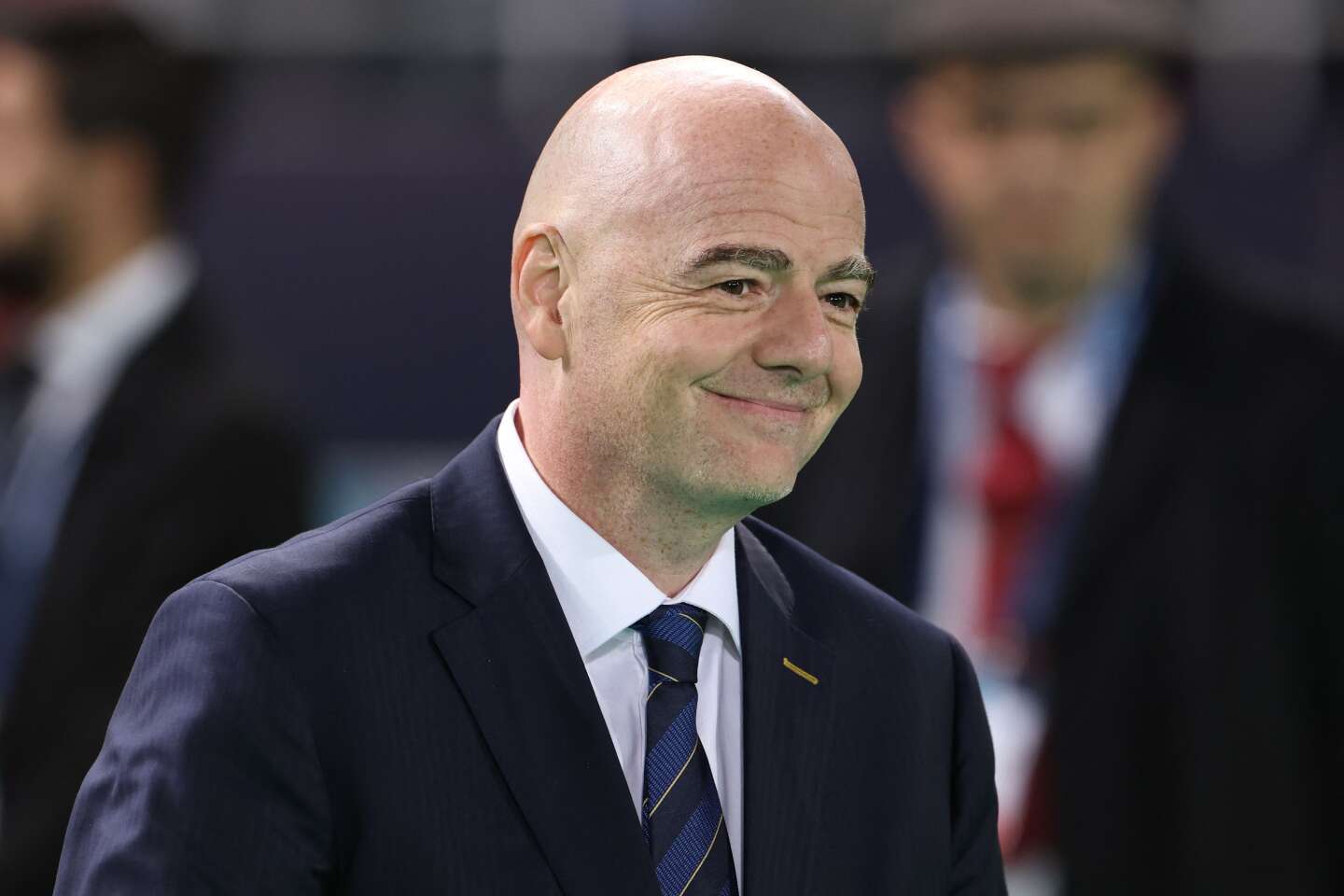FIFA is gearing up to overhaul its committee system, diverging from the governance reforms enacted in 2016 during a period of upheaval due to corruption scandals.
In a draft update of its legal statutes released recently, FIFA revealed its intention to significantly increase the number of standing committees from seven to 35. This move includes granting FIFA President Gianni Infantino the authority to establish additional panels of experts as needed.
The proposed expansion of committees opens the door for FIFA to appoint numerous football officials from around the world to serve on these committees. The decision on the new rules is slated to take place at a meeting scheduled for May 17 in Thailand.
This move echoes a system previously observed under the presidency of Sepp Blatter, which was criticized for fostering patronage and encouraging loyalty. Blatter was ousted from office in 2015 amidst widespread allegations of corruption.

The decision to reevaluate FIFA’s committee structure follows intense scrutiny and legal investigations into international football in recent years, which prompted a thorough review of FIFA’s governance principles. A review panel, led by veteran Olympic lawyer François Carrard, recommended streamlining FIFA’s committee system for greater efficiency and inclusivity.
The proposed committees include a dedicated “Anti-Racism and Anti-Discrimination Committee,” reflecting FIFA’s commitment to addressing social issues within the sport. This marks a departure from previous actions, such as the closure of a racism task force shortly after Infantino assumed office.
Furthermore, the proposed expansion aims to accommodate the increasing scope of FIFA’s activities in recent years, allowing more member associations to participate directly in decision-making processes.
While Infantino’s tenure has seen some divergence from the recommendations of the review panel, FIFA’s draft statutes also emphasize the promotion of gender equality and the fight against discrimination in football. Member federations are encouraged to actively pursue these goals, with provisions requiring the inclusion of women officials in official delegations.
FIFA is poised to determine the hosts for the 2030 and 2034 men’s World Cups at a later meeting. This necessitates a legal adjustment due to a previous rule prohibiting dual host selections. The preferred hosts include Saudi Arabia for 2034 and a joint bid from Spain, Portugal, and Morocco for 2030, with participation from Argentina, Paraguay, and Uruguay.
The final decision on hosting rights is expected to be made by the FIFA council, potentially allowing for the simultaneous awarding of multiple World Cup hosting rights at the same congress.
